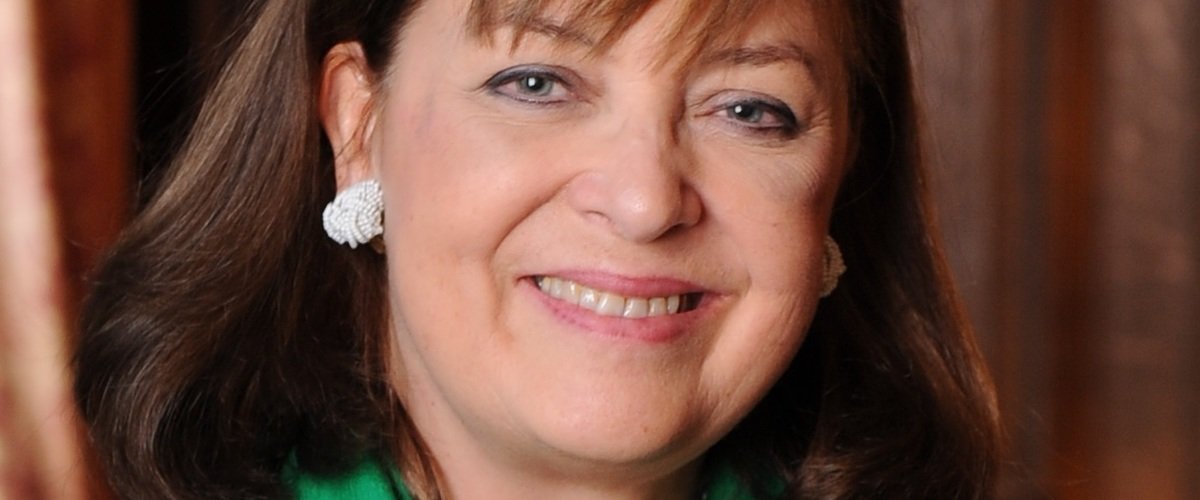

Bridget Kendall to visit Winchester College
Bridget Kendall, MBE, former BBC Diplomatic Correspondent and now Master of Peterhouse, Cambridge, will visit Winchester College on Thursday 28 March at 7pm to give a talk about the Cold War.
Bridget is a recipient of the James Cameron Award for journalism in 1992 for reports on events in the former Soviet Union, and winner of the Bronze Sony Radio Award for Reporter of the Year (1992). Her recent book The Cold War, with its focus on the personal experiences of the men and women who lived through this period of history, has been highly acclaimed.
Further information
- The event is free and open to members of the public. The event is not ticketed and seats will be allocated on a first come first served basis.
- The event will be hosted at Winchester College New Hall, Main Hall. Please arrive at New Hall via College Walk, SO23 9NG
- Wheelchair access and public toilets are available
A review of Bridget Kendall's visit, by Carson White
Bridget Kendall, long-time BBC diplomatic correspondent, journalist on Russia, and now Master of Peterhouse Cambridge, gave a fantastic lecture on Thursday 28th March on her experiences of the Cold War. She is in a unique position to do so, having personally witnessed the effects of the Cold War on the people of Russia.
She first talked about how her life was, from its outset, tied to Russia. Her childhood home was littered with old Russian dictionaries, left over from when her mother had been a Wren, and was always present when her father hosted mathematical guests at the family home. From fourteen she began to learn Russian and everything else about Russia she could manage.
When she was at Oxford, she jumped at the opportunity to spend a year in Russia. With her passports and visas finally approved, she left in 1977. She went to a provincial town with about one million people. Among the inhabitants, only 12 were English. As soon as she arrived she could feel an atmosphere of suppression; no one talked about politics or had “honest and interesting conversations” for fear of KGB and informer retributions. The people were ignorant and loyal to an extent but beneath this there was a simmering anger at the surveillance, poverty and inequality they dealt with.
She returned to Russia in 1982. By then things were happening and through her network of contacts, built up for her research, she understood that Brezhnev, the leader of Communist Russia, was going to die. Once he did Russia would change for ever because, after two more appointments, Mikhail Gorbachev was elected. He had new ideas on the economy, censorship and elections – all of which he made more liberal. By this time Bridget Kendall had switched from academia to journalism and worked for the BBC. She stayed with Russia though the fall of the Berlin Wall to the very end of the USSR.
Even after this, when she was reposted to America and England, she kept an interest in Russia. She ended her lecture by wondering if we were in a Second Cold War. Our relations with Russia are not brilliant after Ukraine, the Skripal poisonings and the alleged US election meddling. But she reminded the audience that Russia and America are no longer as significant global players as they once were – there are other centres of global power such as China - and ideological lines are far less clear – Russia is no longer isolated from the rest of the world and feels far freer.
It was incredibly interesting to hear such a personal a view of Russia today and of the past and we are grateful to Ms Kendall for her lecture.

 Head back to stories
Head back to stories